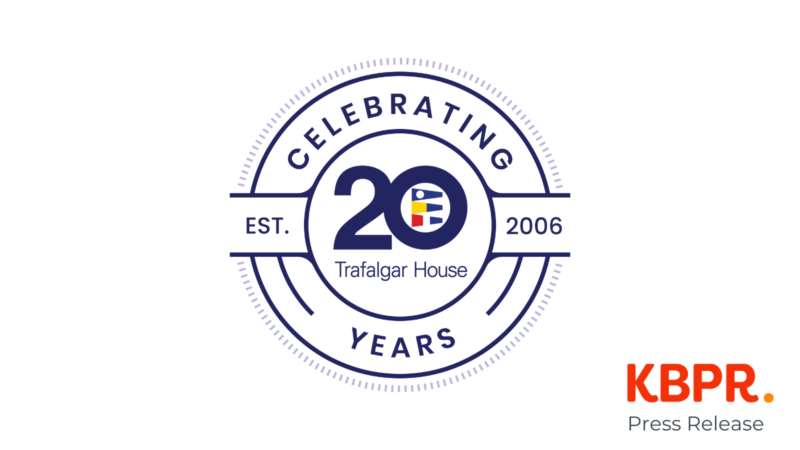
01 July
Trafalgar House, a specialist third-party pensions administrator, today announced the third batch of results from their latest Trust & Confidence Index*. Results so far have indicated an increase in the public trust of the pensions industry score for the fourth year running to 5.26 out of 10 (from 4.95) and the most important factor for building trust with the public remains better communication.
This next batch of results has looked closely at members’ own decisions and views on their retirement funds, and how these may have changed from the 12 months previous.
Despite experiencing a pick-up in 2022 (31.7%), respondents’ confidence in having enough money to retire has returned to 2021 levels (30.9%). Whilst a relatively small drop, it still marks the end of the improving shift towards people feeling they would be able to meet their retirement needs and goals. On top of this, the number believing they have much less than they need has increased from 44.6% to 47.8%.
The group was also asked whether they felt they would be able to retire at their Normal Retirement Date, earlier, or whether they would have to retire later in order to meet their needs. Taking all the responses into account the majority (53.7%) feel they will either need to retire late, never, or they simply don’t know.
Statistics have also shown that confidence among members in their own decisions remains higher than their belief in the role of the industry and others. Confidence in their choice of where their pensions are held has risen from 63.4% to 64.6%, confidence in their investment choices from 57.9% to 58.4%, and the confidence in the level of charges that apply to their pension from 45.9% to 46.7%..The only variant came from members’ feelings about the amount they have saved, which fell slightly from 53.5% to 52.2%.
Daniel Taylor, Client Director at Trafalgar House, commented: “There are some really interesting things to note in this section of the results. Perhaps controversially, it could be considered a good thing that confidence in having enough funds to retire has dropped. As an industry we have long worried that the general public haven’t been realistic enough about their retirement pot, grossly underestimating needs and failing to take into account the cost of living, longer life spans and an over reliance on state pension provision, all meaning they would be in for a big shock – this would also have a huge impact on economy not to mention social factors. It could be argued that if there is an acknowledgement there won’t be enough, more can be done to address that, and earlier.
“What’s also interesting is that confidence in their own decision making is up. Higher, in fact, than belief in the role of industry and others in meeting their needs.”
Taylor added: “Where this confidence is coming from is another question. Our last results showed that member communication was the most important factor in building trust – does this mean we are doing something right? The fact is, members will be responsible for more than ever before when it comes to decision making at retirement so it is crucial they are empowered to make those decisions, and not doing anything detrimental that could undo years of hard work and savings. The realism around expected retirement dates is also reassuring, albeit disappointing as a whole.”
The final results of the survey will take an in-depth look at technology.
(ENDS)
*The research, covering a broad spectrum of more than 2,000 people over the age of 18, was completed at the end of 2023. Conducted annually, the research seeks to understand how the British public feel about the pensions industry and aims to establish how much the industry is trusted, and what level of confidence people have that their retirement needs and objectives will be met by the pensions industry. Using a scale of 0 to 10 with 0 being ‘not at all’ and 10 being ‘a lot’, the public are asked to rate different elements relating to their pensions.


